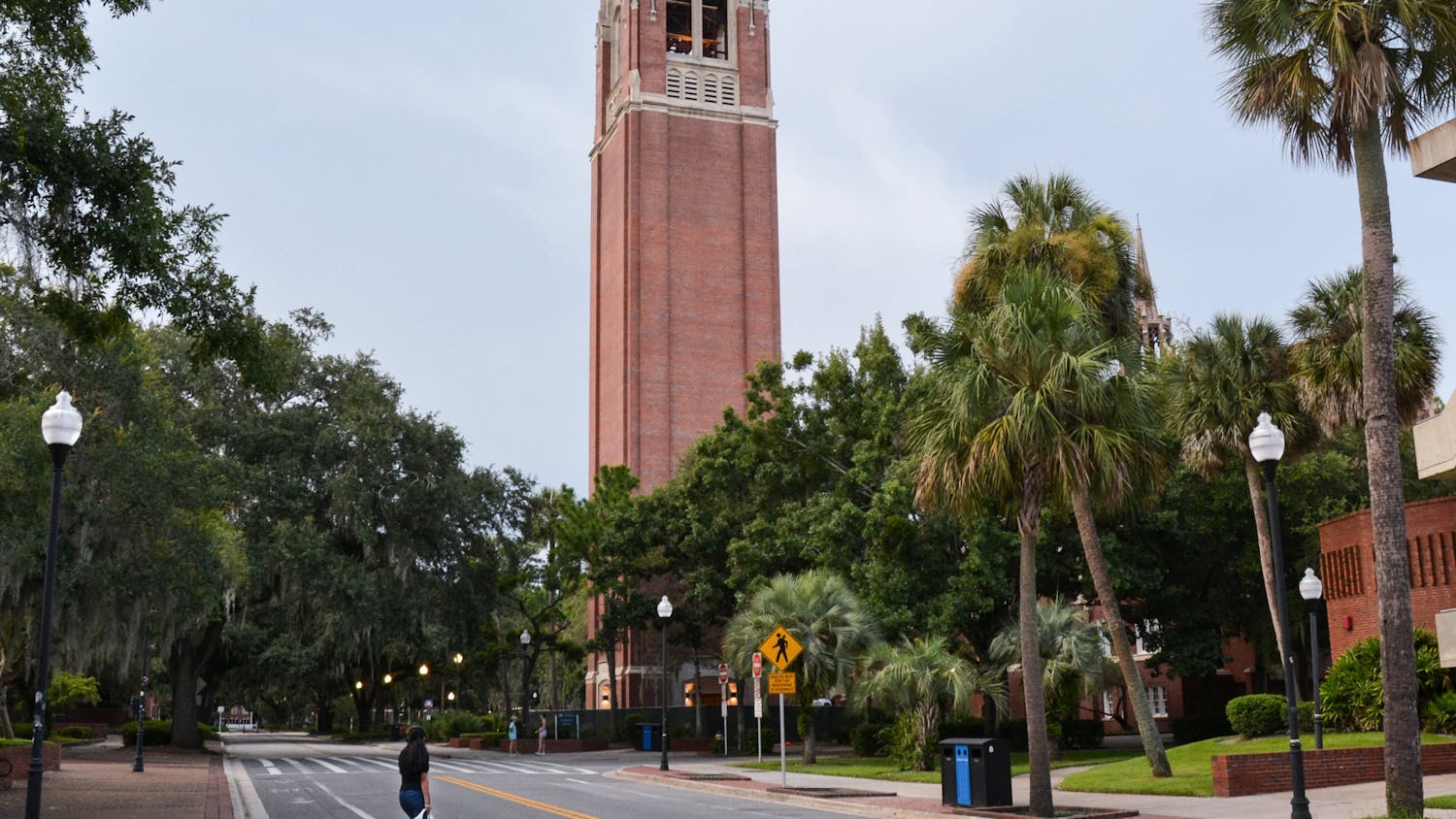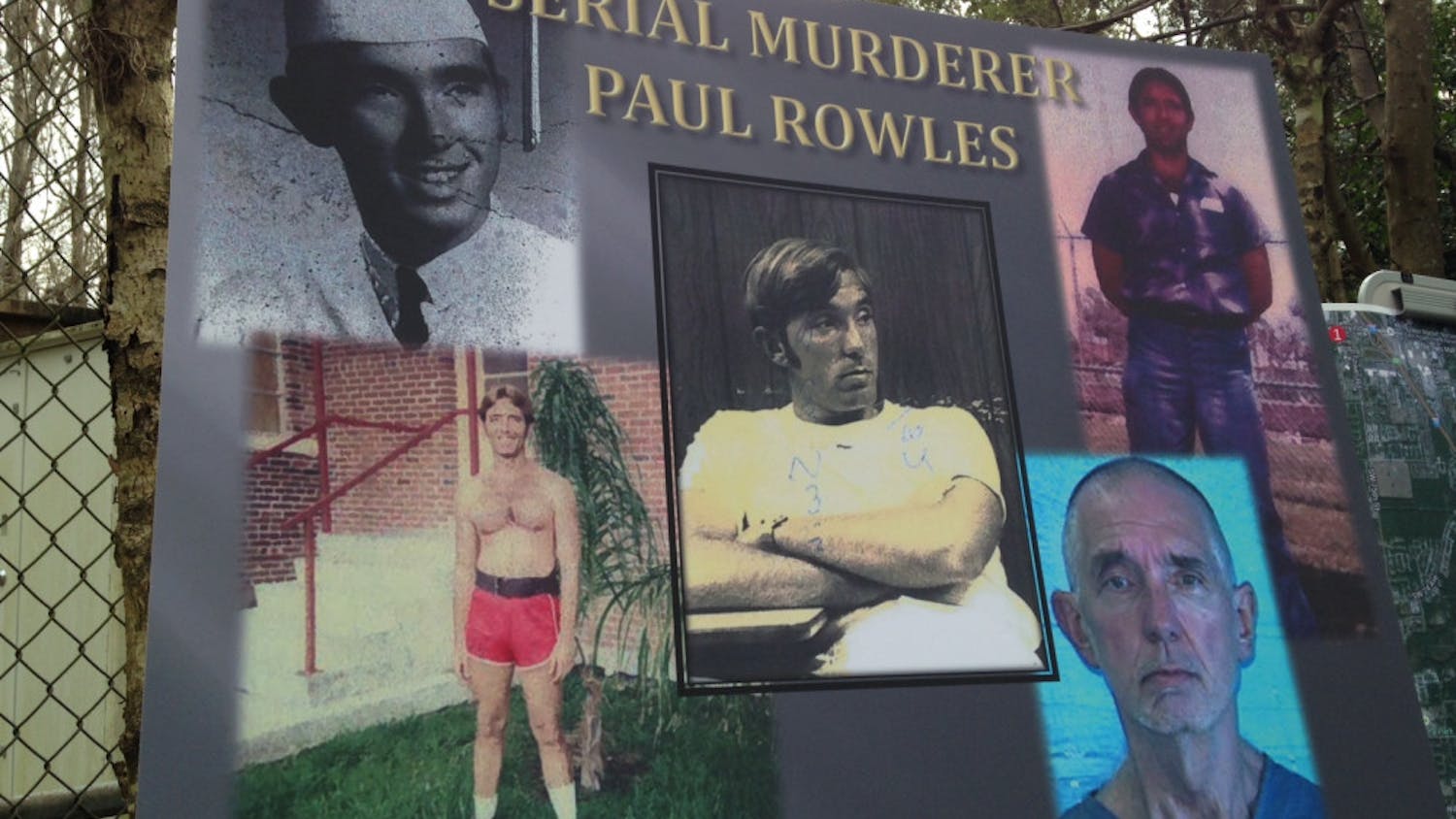A new study suggests the taste of beer, instead of the alcohol content, may be what causes people to drink more, according to Indiana University School of Medicine researchers.
UF student Ellen Farley, a 23-year-old public relations senior, doesn’t even take a sip of beer. Instead, she drinks wine.
“I really just don’t like beer; not even a sip is enjoyable,” she said. “Wine, on the other hand, is something I enjoy, and I tend to drink more of it.”
The study found dopamine, a hormone connected to rewarding activities, is released from the brain after drinking a small amount of alcohol, and the taste alone is enough to release the hormone.
The results suggest alcoholism could be a form of Pavlovian conditioning, which pairs a stimulus with a specific response.
“While this study reflects on a Pavlovian style of learning, a more thorough investigation of alcoholism may suggest that it is acquired by operant conditioning, a form of learning that occurs through consequences rather than prior stimuli,” said Chelsea Fleck, a 21-year-old UF post-baccalaureate research assistant in behavior analysis.
However, she said the study was flawed.
“Without testing the effects of nonalcoholic beer,” Fleck said, “it is nearly impossible to conclude that the taste of beer causes continued drinking, which is a shortfall of the research procedures.”





